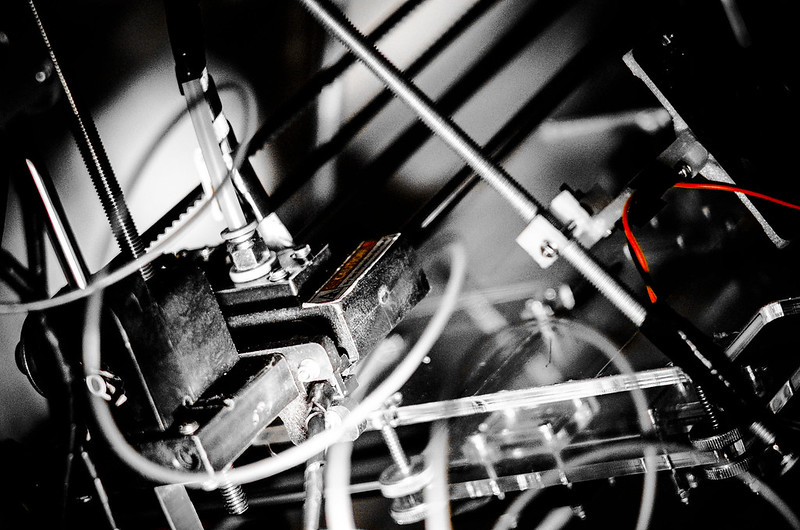If you’re a maker with a 3D printer, you’ve probably felt inspired by the story of the Italian engineering startup Isinnova, whose founder, Christian Fracassi, reverse-engineered a much-needed respirator valve and mass produced them using a 3D printer.
Before you jump in on a similar project, though, it’s important to note that 3D printing biomedical devices like valves can be risky, especially since the design files that are out there at this point are not certified.
“I haven’t found anything that is ‘certified’ and I don’t want to print stuff that might cause more harm,” said TRIC Robotics cofounder Adam Stager, who is currently looking to collaborate on an aid project that would use the startup’s 3D printer.
The average non-engineer maker should avoid trying to make ventilator parts altogether — but that doesn’t mean you can’t use your 3D printer to help stop the spread of COVID-19. There are some very simple items that can protect people in everyday situations:
- Hands-free door openers — Belgian 3D printing engineering firm Materialize has shared design files for a doorknob attachment that allows people to open the door using their elbow, keeping hands off the doorknob where the virus can be transmitted.
- Hand sanitizer dispenser attachment — Larger hand sanitizer bottles with pump tops are designed to allow multiple people reduce the risk of virus transmission, but they require multiple people pressing the pump with their hands. Thingverse user hairyfacedhooman shared this free design file for a simple attachment that allows people to easily use their forearm to dispense sanitizer or soap. (Originally designed as an assistive aid for people with arthritis or weakness in the wrists).
- Ear savers — Not all medical supplies are biomedical devices. Ear savers are simple flexible strips with flat hooks that sit on the back of the head; use the hooks to attack a face mask to take the strain off of the ears. With medical staff facing long days with no break from the mask, these are becoming popular donated items. The National Institute of Health 3D Print Exchange has several designs you can download for free.
3D printers are being used to make everything from face shields to quarantine rooms, and engineers and makers are innovating new ways to use the technology to help out during the pandemic. To get involved, check out this huge resource article from 3D Printing Industry.
If you have a local COVID-19 3D printing project, tell us about it — drop us a line at delaware@technical.ly.







